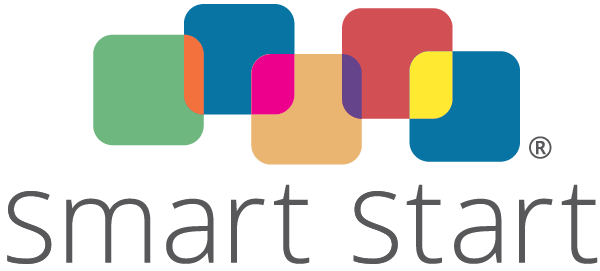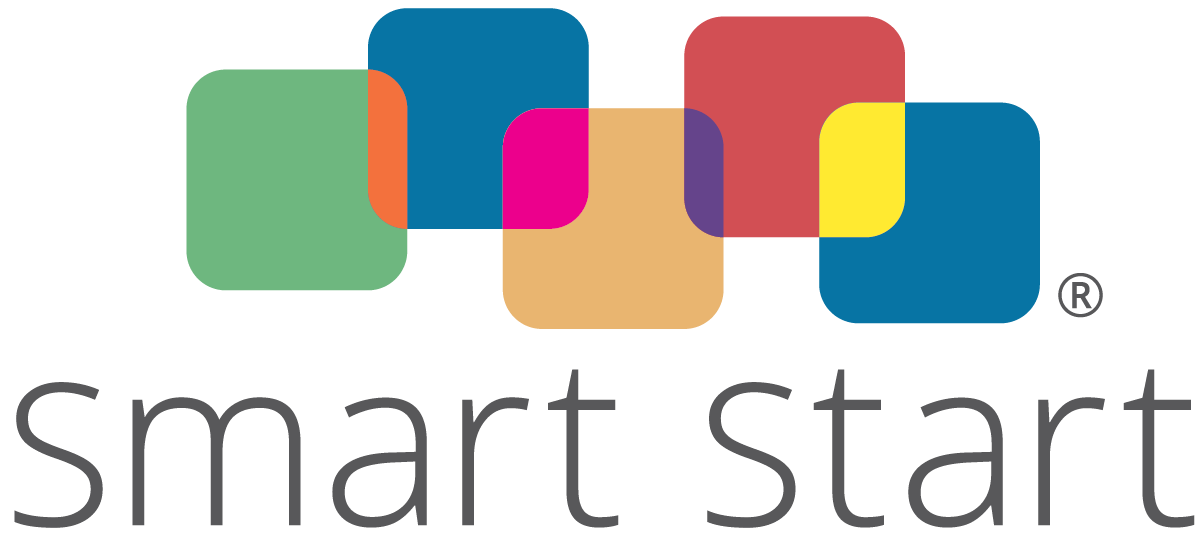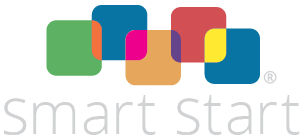Legislative Update for March 2018
The General Assembly adjourned its special session on February 13th after passing HB 90, which addressed a number of policy issues including a compromise plan to phase in the new state requirements for K-3 class size. The bill also boosted spending for NC Pre-K, increasing funding to $91 million by 2021 to expand access to the program for children currently on the waitlist. The Legislature will reconvene on May 16th to begin the 2018 short session.
Governor Cooper issued an executive order in February to reauthorize North Carolina’s Early Childhood Advisory Council (ECAC). Federal law requires each state to establish an ECAC, which will provide leadership in strengthening the early learning and development system for children birth to age 8 in North Carolina. NCPC President Cindy Watkins was appointed by the Governor to serve as one of the members of the Council.
The B-3 Interagency Council, which was created through legislation in 2017 and is tasked with establishing a vision and accountability for a birth through grade three system of early education, held its second meeting in March. Council members worked on prioritizing the committee’s focus areas, with particular attention on transitions and continuity, and teacher and administrator preparation. The Council will make its first report to the Legislature by April 15.
At the federal level, Congress and the President approved a 2018 appropriations bill on March 23rd that included major investments in early childhood. Funding for the Child Care and Development Block Grant (CCDBG) was increased by nearly $2.4 billion to $5.2 billion. This is the largest single year increase in the program’s history. According to estimates, North Carolina could receive nearly $80 million as a result of this increase in funding. The appropriations bill also boosted funding for Head Start by $610 million, included $5 million fund grants for early childhood mental health promotion, and increased funding for early intervention services for preschoolers with disabilities or developmental delays.
These funding increases followed some important actions by Congress in February on behalf of young children, including the reauthorization of the Maternal, Infant, and Early Childhood Home Visiting (MIECHV) program for an additional 5 years. In 2016, MIECHV funding supported 7,155 home visits to more than 1,000 parents and children across 13 counties in North Carolina. In addition, the Children’s Health Insurance Program (CHIP), which covers more than 250,000 children in North Carolina, was reauthorized for ten years.


